John Avery Dittmer, ¡Presente!
Zinn Education Project
JULY 20, 2024
Historian John Avery Dittmer (October 30, 1939 – July 19, 2024) was the author of key texts on the SNCC and grassroots organizing in Mississippi, including Local People: The Struggle for Civil Rights in Mississippi and The Good Doctors: The Medical Committee for Human Rights and the Struggle for Social Justice in Health Care.

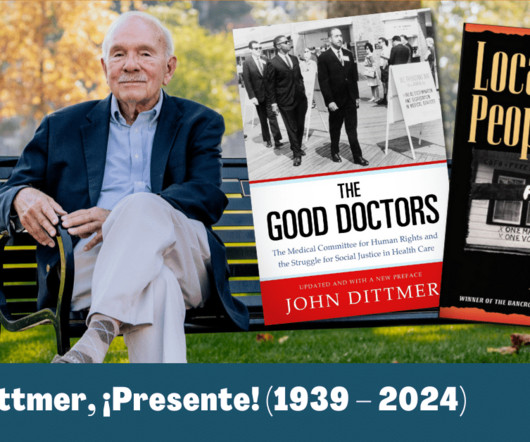
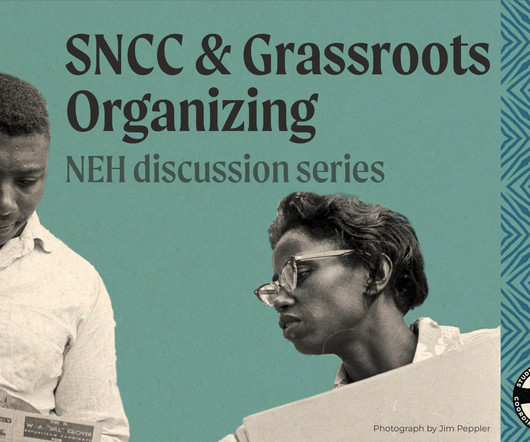

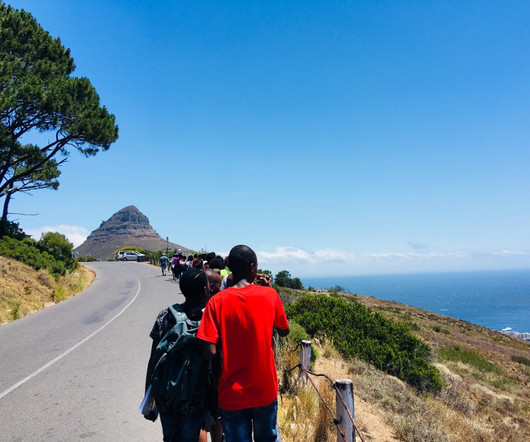
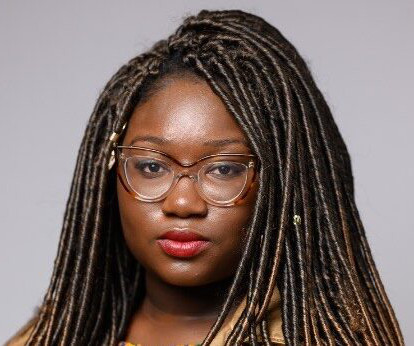


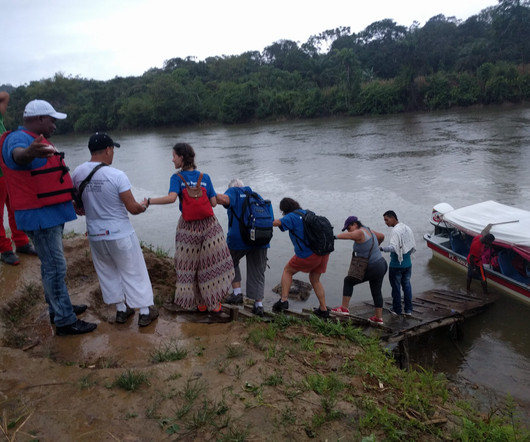


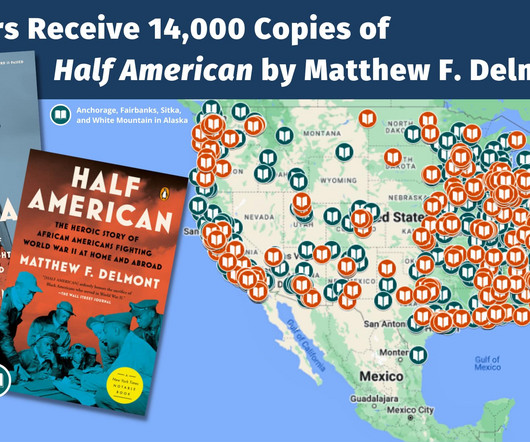
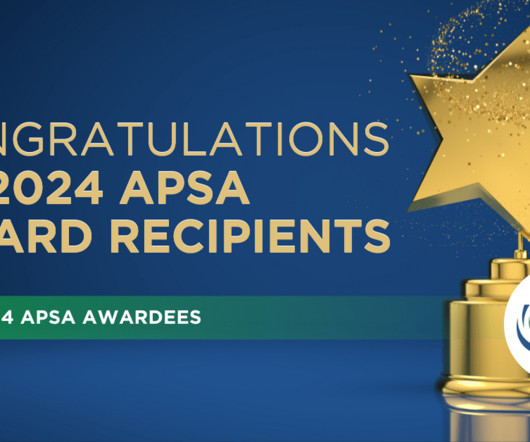



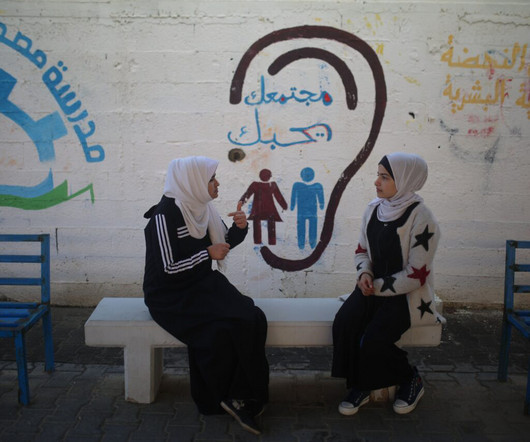







Let's personalize your content